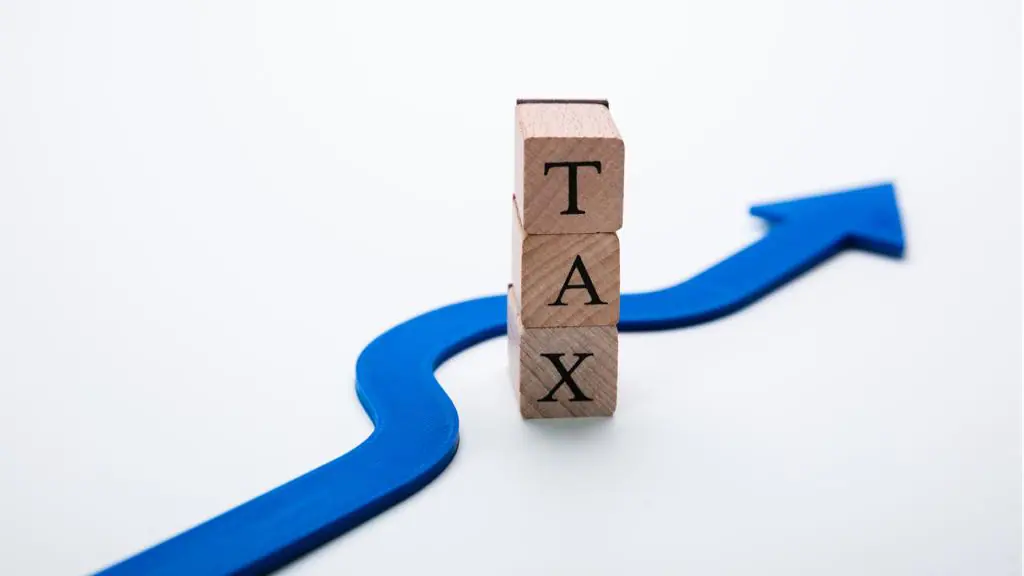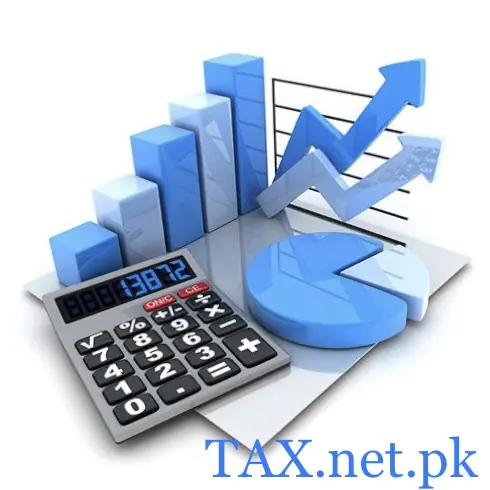Chairman FBR has shown his inability to bring over 4 million willful law violators to the tax net due to the lack of capacity.
Dr Mohammad Ashfaq, FBR Chairman, took charge over three months ago, was briefing in a public interaction, where he also talked about the International Monetary Fund’s (IMF) demands to withdraw sales tax exemptions and increase personal income tax rates for individuals.
“I cannot do anything about those 4 million people who are outside the tax net because the FBR does not have the capacity and there are legal issues as well,” the FBR chairman said on Wednesday while answering to a question at Policy Research Institute of Market Economy (PRIME).
In his presentation, Ashfaq explained that against the 7.1 million taxpayers registered with the FBR, only 3.1 million filed annual income tax returns.
He also said that against the 305,000 registered sales tax persons, only 191,000 filed annual Income Tax returns.
“Bringing people to the tax net is a long-drawn-out process and to accomplish the task, the state has to invest in tax administration,” said Ashfaq.
The cost of tax collection was only 0.6% of the revenue and the FBR was the most under-financed organisation in the world, the chairman remarked.
Responding to a question about the data hacking in August this year, the FBR chairman said that he prepared his presentation on a “pirated software”.
He said that besides the challenge of over 4 million people remaining outside the tax net, there was also the issue of reduction in the average tax paid by a return filer.
In 2015, the average tax paid by the return filer stood at Rs23,640, which fell to just Rs10,914 in 2019, said the chairman. However, the trend has started reversing and the figure crossed Rs17,000 by tax year 2020.
The FBR chairman said that the tax-to-GDP ratio would improve to 10.8% in the current fiscal year but it would still be lower than the 11.1% recorded at the end of fiscal year 2017-18 – the last year of PML-N government.
From 2017-18 to 2019-20, additional taxes worth Rs1.5 trillion were levied but the collection remained stagnant at around Rs3.8 trillion, said Ashfaq.
The chairman admitted that over 52% of tax collection in the first four months of current fiscal year was at the import stage and one of the reasons behind it was shifting crude oil sales tax collection from the domestic to import stage.
“We are on our way to achieve Rs5.829 trillion annual tax target even after some kind of import compression,” said Ashfaq.
“The Rs1.4 trillion annual tax exemptions exist not because of the FBR but because of parliament. You elect better people and in return you will have better laws,” said the chairman.
“It is high time that the individual income tax rate is reduced to 10% and the corporate income tax rate to 20%,” he said. The ratio of direct taxes should go up to 66% from below 34% of the total tax collection, he suggested.





